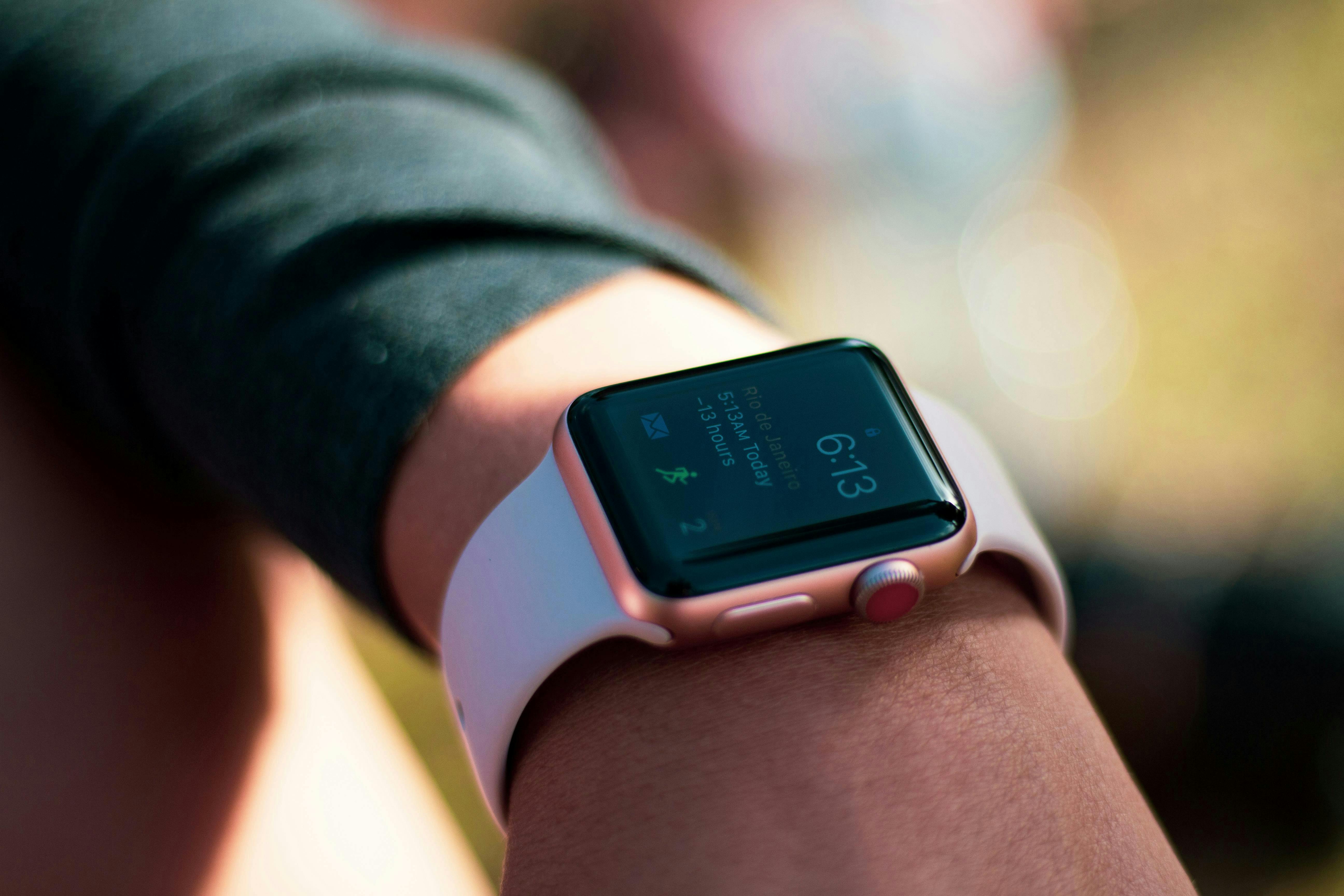Apple Watch AFib gets FDA green light
Great news for Apple. The Apple Watch’s atrial fibrillation (AFib) history feature is joining the FDA’s Medical Device Development Tools (MDDT) program. This means its data is now usable in clinical studies.
This is a major milestone for personal wearables. But what does it mean for other mass-market devices, including those built by companies without Apple’s huge market share?
Let’s dig into it.

Apple Watch as a clinical tool?
Next time you go to the doctor, see if they are wearing a smartwatch. Or maybe you’re a clinician yourself and own an Apple Watch—or know one or two colleagues who do.
For many providers, smartwatches are more of a personal tool than a clinical one. However, with the capabilities of single-lead ECG smartwatches like Apple’s, this is changing.
This medical association has been a long-fought goal for Apple, which has been marketing the Watch as a lifesaver for wearers for a while. However, just as long, critics have been pointing out that seeing the Apple Watch as a medical tool may not be a great idea for everyone.
For instance, one study found that very few people who get cardiac alerts from the Apple Watch actually end up diagnosed with a cardiac condition, provoking unnecessary anxiety in healthy patients and increasing health spending. Also, the typical Apple Watch user is not a population likely to be at high risk of cardiac events, other critics argue, and even if patients do identify AFib, younger and healthier patients likely would not be treated.
In other words, the ECG function of the Apple Watch may not be medically useful to most of its users as an actionable screening. However, as an easy-to-use tool for clinical trial testing devices that treat conditions like AFib, the Apple Watch may be a winner.
Wearables: Personal v. clinical use
Back in 2022, we discussed why Apple continues to be both a trailblazer and chronic headache for the medtech industry.
On one hand, widespread acceptance of the health features of products like the Apple Watch may make consumers more familiar and thus open to other wearables. On the other hand, Apple’s massive market share and its incorporation of many health features into single products make it hard for individual apps and startups that do just one thing to compete. Even from its basic flashlight feature, Apple has a history of swallowing up individual applications and bringing them to consumers as part of their all-in-one products.
So what might the greater medical acceptance of Apple features like ECG for AFib mean for other, smaller wearable and personal monitoring players?
We might look at the legal patent battle between Apple and the maker of the other main FDA-approved consumer-grade ECG product on the market: AliveCor. AliveCor’s popular personal ECG device, KardiaMobile, initially began in 2012 as a product intended to be used by clinicians before moving to offer medical-grade ECG for consumers—via their own Apple Watch band.
In many ways, AliveCor’s product journey has been a reverse of Apple’s. Possibly due to this journey, although AliveCor’s brand recognition amongst the general public can’t lift a finger to Apple’s, the trust they gained amongst clinicians in the early stages of their product development appears to hold steady, especially since AliveCor continues to emphasize partnering with physicians to evaluate user results.
Now, with the Apple Watch playing a role in AFib clinical trials, will more clinicians come to trust it as a medical tool? Will other personal monitoring players fall further behind? We’ll be watching closely—and curiously monitoring our own hearts in the meantime.